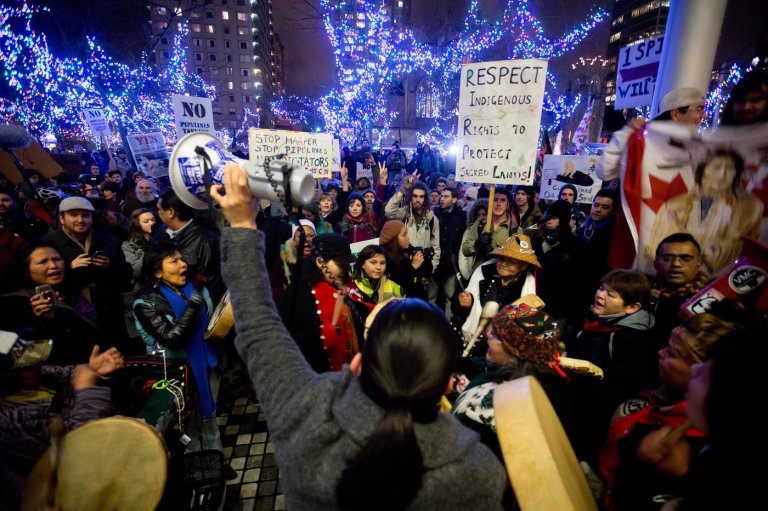Ontario drove Carney’s decision to suspend EV mandate: B.C. Energy Minister Dix

VANCOUVER — British Columbia’s energy minister says the federal decision to delay its electric vehicle sales mandate largely reflects circumstances in Ontario, and Ottawa should follow through on a more Canada-wide policy after its review.
Adrian Dix says electric vehicles remain in high demand in B.C., and any new policy should focus on the main barriers to purchases such as affordability and improving charging networks, including in places such as Ontario.
Dix’s comments come after Prime Minister Mark Carney announced Friday that the federal government will not implement a mandate requiring that 20 per cent of all new vehicles sold in Canada by next year be electric.
Carney says the suspension of the mandate will come with a 60-day review of the Canadian electric vehicle program to find flexibilities and ways to lower costs, noting automakers need more liquidity during trade tensions with the United States.
Statistics Canada figures show zero-emission vehicles sales were strong in B.C. in 2024, with the province reporting 20.7 per cent of all new vehicle purchases to be either a battery-electric vehicle or a plug-in hybrid.
Only Quebec was higher at 30.1 per cent, while the Canadian national average was 13.8 per cent and Ontario’s figure was 7.4 per cent.
Other than B.C. and Quebec, no other province reached 10 per cent, with Prince Edward Island reporting 7.8 per cent and Saskatchewan having the lowest percentage at 2.5 per cent.
“I want to say this: Their target for this year, we achieved four years ago,” Dix said of the existing federal electric vehicle mandates. “The issue here in Canada — and I think the federal government needs to engage in this a little bit — is first and foremost with Ontario.”
He said a 60-day review gives the federal government a “process” for Ottawa to implement targets that are the same for all provinces, instead of the current system that favours Ontario’s situation.
“I’m interested in what the federal government did today,” Dix says. “Clearly, this is an Ontario-focused policy. It’s a big country, and we’re going to work with everybody to ensure that we’re aligned.”
National EV sales hit 18 per cent last year for a monthly high when consumer rebates reached $5,000, but numbers slid sharply to about eight per cent after funding for the rebate program ran out.
This report by The Canadian Press was first published Sept. 5, 2025.
Join the Conversation!
Want to share your thoughts, add context, or connect with others in your community?
You must be logged in to post a comment.


















